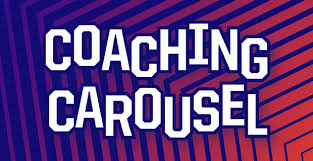
(Updated June 29, 2024)
Since the end of this past season, at the NCAA DI women’s hockey level, there have been nine head coaching changes, along with the announcement of Allison Coomey as the first Head Coach at Delaware.
| School | Old Coach | New Coach |
| Assumption | Jack Sweeney | Joe Grossman |
| Bemidji State | Jim Scanlan | Amber Frykland |
| Colgate | Greg Fargo | Stefan Decosse |
| Dartmouth | Liz Keady Norton | Maura Crowell |
| Delaware | N/A | Allison Coomey |
| Minnesota-Duluth | Maura Crowell | Laura Schuler |
| Minnesota State | John Harrington | Shari Dickerman |
| Post | Gretchen Silverman | Pat Bingham |
| St Michael’s | Chris Donovan | Meghan Sweezey |
| Union | Josh Sciba | TBD |
Coaching changes can occur for various reasons—positive, neutral, or negative. These may include retirement (e.g., Bemidji State, Minnesota State), a coach moving on to a new opportunity (e.g., Colgate, UMD), or a coach’s contract not being renewed due to on-ice performance or program dynamics. Often, it may be a combination of these reasons. When there is a change at the top, it can have multiple implications for potential recruits, current commits, and existing players.

Potential Scenarios from a Recruiting Perspective
- Status Quo – A planned succession process is in place. Generally, the same principles or cultural philosophies will be maintained with minimal changes, aside from the new coach adding their personal touch to the team.
- New Sheriff in Town – The new head coach brings in their own assistants, changing the entire leadership of the coaching staff.
- Best of Both Worlds – A hybrid approach that combines the best of the old with new ideas and personnel.
Impact on Potential Recruits
If you are a player interested in a school undergoing a head coaching change, you could be directly affected. You might have built a relationship with the previous coaching staff over several years at showcases or camps, which influenced your interest in the school. With a new coach, you may need to establish new relationships and reassess your interest.
For players from the Class of 2026 who are now eligible to speak with the school, conversations might be delayed or paused due to the transition. Currently, there are a few top schools without head coaches (e.g., Colgate, Minnesota Duluth, Union), and it’s unlikely that players will commit until a new head coach is appointed.
Additionally, a “New Sheriff in Town” head coach may have their own list of potential recruits, which could exclude you. Thus, having backup options is advisable.
Impact on Incoming Recruits
Data from recent years suggests that most of the time, incoming and future commits remain unaffected by a new head coach; both the coaching staff and the recruits stay committed to each other. However, there have been instances where a new head coach implements a different recruiting strategy, resulting in commits being told they no longer have a spot. Depending on the situation, a de-committed player may have limited options for the 2024 or 2025 seasons.
Conversely, NCAA rules allow players to de-commit and seek another school if they do not favor the new coach. Essentially, both parties have the opportunity to re-evaluate the relationship and decide if they want to stay together or move one from each other.

Impact on Existing Players
When a coaching change occurs, existing players have the option, under NCAA rules, to enter the transfer portal and find a different school. The NCAA grants a 30-day immediate portal window for players whose head coach departs. Recently, I spoke with a parent of a first-year player at a top DI women’s team who expressed concerns about uncertainty. The player loved the previous coaching staff and culture, and there is nervousness about whether the same philosophies will continue under the new staff.
Similar to minor hockey, any time a player gets a new coach, they must adjust. Most players will need to re-establish their role on the team, which could affect their ice time. Each student-athlete should evaluate their situation and decide whether to stay or explore options in the transfer portal. Ideally, new coaches will take the time to get to know their team and communicate their plans for each player, allowing players to make informed decisions.
One final point to consider is that assistant coaches are also affected by a change in head coaches. They too can experience positive or negative impacts under new leadership. In some situations, most of the staff is retained, while in others, the incumbent assistants do not return, and the new head coach assembles their own team.
